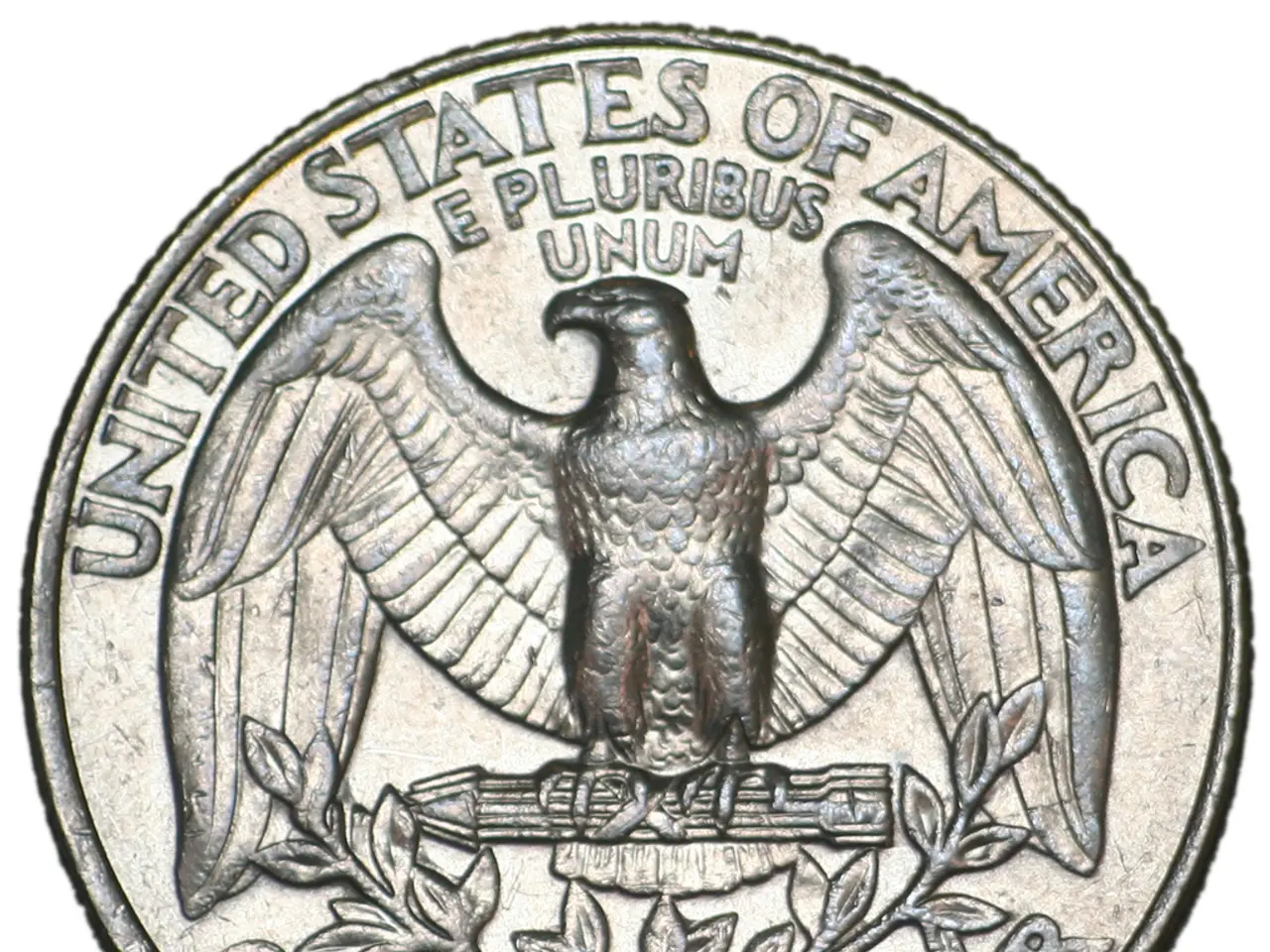Financial regulations in Colorado and Virginia are poised to influence the realm of online lending within the fintech industry.
In Virginia, a new bill is being considered that could significantly impact the fintech industry. The bill, Senate Bill 1252, aims to impose a 12% interest rate cap on fintech lending, which, if passed, could effectively ban fintech lending in the state.
The American Fintech Council (AFC) has urged Governor Glenn Youngkin to veto the bill, expressing concerns about its potential impact on competition in the state's financial services market. The AFC argues that the 12% cap would force many fintech lenders out of the Virginia market, reducing access to digital lending services and innovation.
The key dispute surrounding the bill revolves around where a loan is "made" in the internet age. Colorado, which has a similar law, argues that loans are made where the borrower is physically located, while banks argue that loans are made where the bank is located.
The bill's provisions also target banking-as-a-service and fintech-bank partnership programs, aiming to prevent evasion of existing usury laws. This includes the "anti-evasion" provisions that target transactions disguised as asset purchases but functioning as loans, which would be treated as loans subject to the state's interest rate cap of 12%.
The FDIC's previous position, which led to criticism during oral arguments, was inconsistent with its past stance. However, the current FDIC head, Travis Hill, has advocated for a more open-minded approach to innovation and technology adoption, leading to the FDIC's withdrawal of its amicus brief supporting a Colorado law that allows state-chartered banks to opt out of federal preemption and follow Colorado's interest rate cap.
The bill awaits sign-off from Governor Youngkin. If passed, it could reshape the lending landscape in Virginia by limiting fintech participation and potentially consolidating lending activity more around banks and credit unions who have more traditional, lower-risk portfolios. However, banks might also face increased pressure if fintechs exit and borrowers seek alternative financing, potentially altering competition dynamics.
Last year, AFC members provided about $800 million in credit to some 235,000 Virginia residents. The legislation covers comparatively newer financial products like earned wage access. However, the Virginia legislation raises concerns for the AFC regarding the burden on Virginia's Bureau of Financial Institutions to implement and enforce its requirements.
James Kim, a partner at Troutman Pepper Locke, noted that these laws could negatively affect fintechs and banks, particularly in Virginia, where subprime borrowers may be excluded from loans. According to Kim, the 12% rate cap might make Virginia a "less attractive state" for banks and fintechs, potentially excluding subprime borrowers from loans.
On the other hand, Phil Goldfeder, CEO of the American Fintech Council, lauded the FDIC for withdrawing the amicus brief, saying it restores longstanding guidelines and returns pragmatic, non-ideological policymaking to the FDIC.
The Colorado law is currently being challenged in the Tenth Circuit Court. The potential impact of the Virginia bill on fintechs and banks is significant, and its outcome remains to be seen.
The American Fintech Council (AFC) has voiced concerns about Senate Bill 1252, arguing that the 12% cap could force fintech lenders out of Virginia's market, impacting business competition and access to digital lending services, particularly for newer financial products such as earned wage access. Additionally, impacted fintechs and banks, particularly in Virginia, may face potential exclusion of subprime borrowers from loans due to the 12% rate cap.




